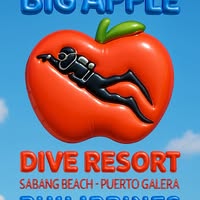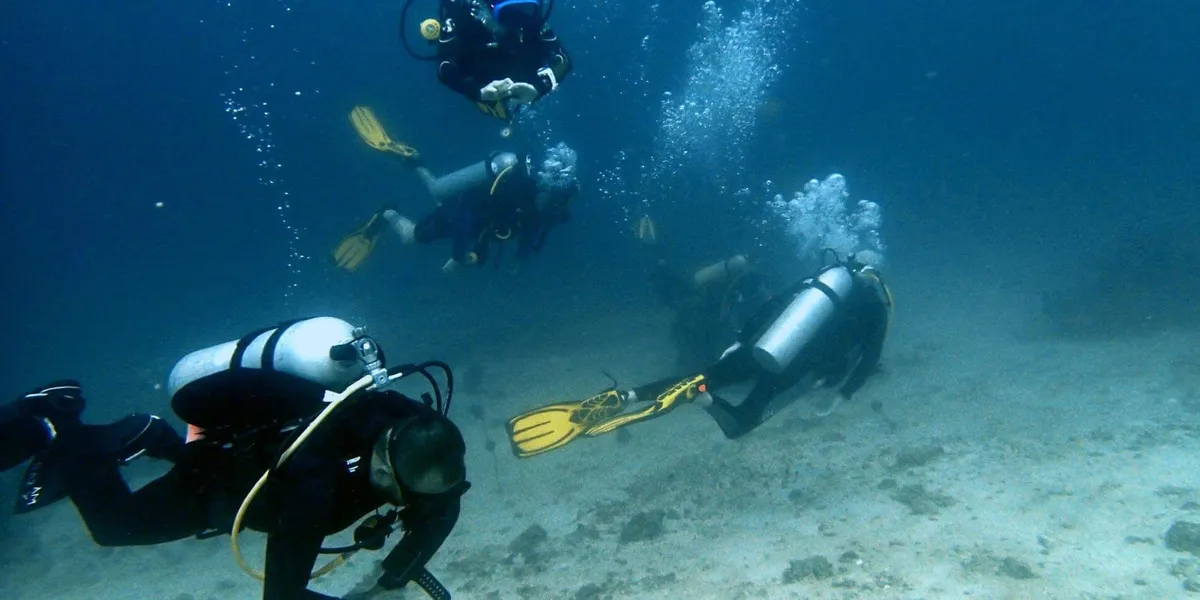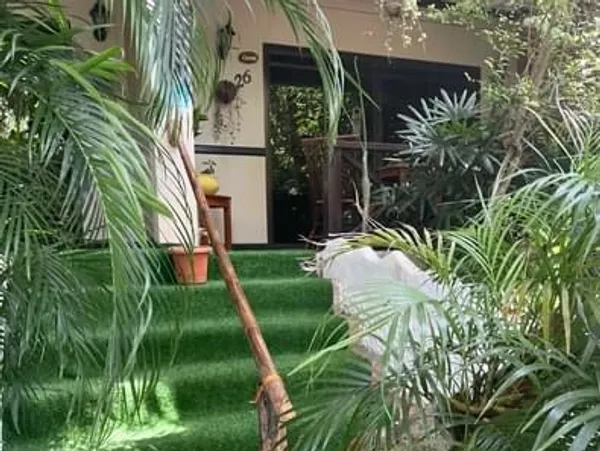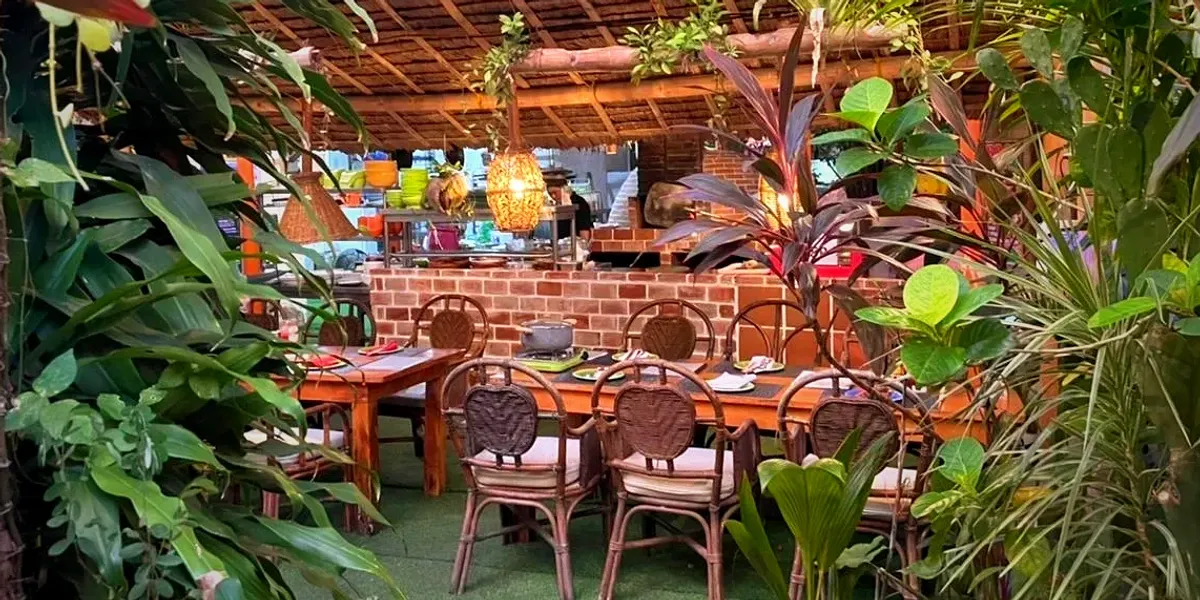
Big AppleDive Resort
Sabang Beach, Puerto Galera, Philippines
Your idyllic retreat by the sea. Experience world-class diving, luxurious accommodation, and authentic Filipino hospitality in the heart of the Verde Island Passage.
The CompleteDive Experience
Everything you need for the perfect dive holiday, from world-class training to beachfront luxury
PADI 5-Star IDC Center
Premier dive training from beginner to instructor level with internationally certified courses.
23+ Pristine Dive Sites
Explore wrecks, walls, caves, and vibrant coral reefs just minutes from our doorstep.
14 Premium Rooms
Air-conditioned comfort with Starlink WiFi, smart TVs, and 24/7 room service.
Daily Dive Excursions
Two departures daily from our private dock, just steps from your room.
Beachfront Paradise
Prime location on Sabang Beach with direct access to crystal-clear waters.
24/7 Hospitality
Full-service restaurant, bar, live sports, and legendary Filipino hospitality.
DiscoverParadise

World-Class Diving
Discover 23+ dive sites featuring WWII wrecks, thresher sharks, and spectacular coral gardens

Luxury Accommodation
Wake up to ocean views in our beautifully appointed air-conditioned rooms

Island Cuisine
Fresh seafood and international dishes served in our oceanfront restaurant
Ready to Dive In?
Book your room, diving course, or resort activities today and experience the best of Puerto Galera's underwater paradise
Getting Here
Located on beautiful Sabang Beach, we're easy to reach from Manila
From Manila
Take a bus from Manila to Batangas Port (2-3 hours) or arrange private van transfer
Ferry to Puerto Galera
Board a ferry from Batangas to Puerto Galera (1 hour). Ferries run regularly throughout the day
Arrive at Sabang Beach
Short boat ride or van to Sabang Beach. We can arrange pickup for you!
Need Transfer Assistance?
We offer private van transfers from Manila Airport